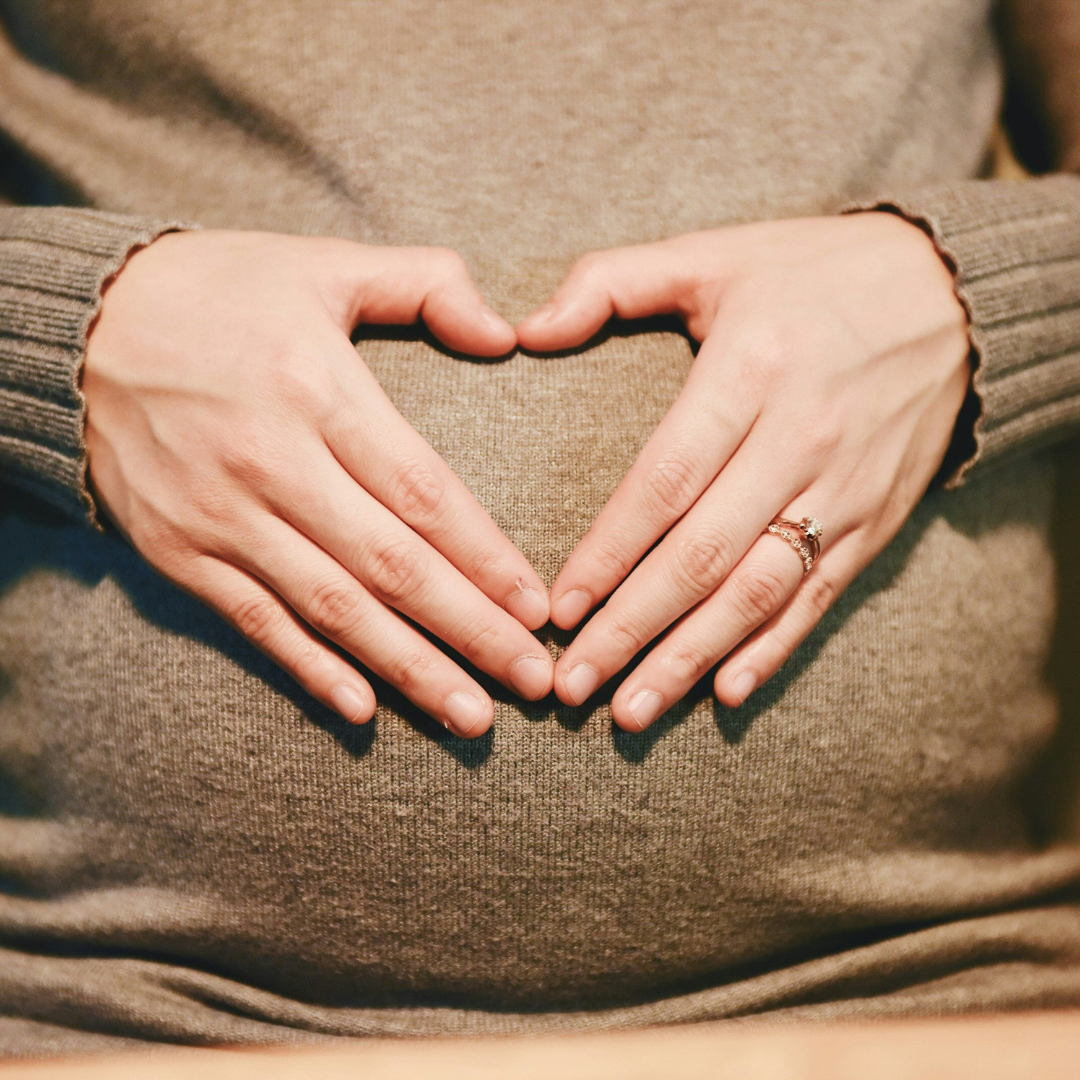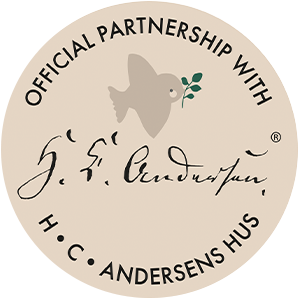


Moonboon Team
Choosing a name for your baby is one of the most significant and personal decisions a parent can make. It's not just a label; it’s a gift that carries meaning, history, and a sense of identity. For many parents, selecting the right name involves a thoughtful process, often filled with excitement and a bit of pressure to find something that resonates with them and their hopes for their child's future. Hungarian names offer a beautiful blend of unique sounds and rich meanings, perfect for anyone looking for something special.
Whether you're drawn to traditional names with deep roots or modern names that capture elegance and simplicity, Hungarian names are known for their charm and individuality. They often carry meanings tied to nature, virtues, and strength, making them meaningful choices for any parent. Whether you're looking to honor your heritage or simply love the beauty of these names, Hungarian names are a wonderful option for parents seeking something distinct yet timeless.
Hungarian girl names
Hungarian girl names are known for their melodic sounds and often symbolize virtues, nature, and beauty.
- Adina – Meaning "delicate" or "gentle," reflecting a soft and caring nature.
- Adél – Meaning "noble," symbolizing dignity and grace.
- Ágota – Meaning "good" or "kind," reflecting virtuous and gentle qualities.
- Alma – Meaning "apple," symbolizing knowledge and temptation.
- Alíz – The Hungarian form of Alice, meaning "noble" or "of noble kind."
- Amália – Meaning "industrious" or "striving," symbolizing hard work and determination.
- Anikó – A Hungarian form of Anna, meaning "grace" or "favor."
- Aranka – Meaning "golden," reflecting something precious and valuable.
- Benedetta – Meaning "blessed," representing a child who is a blessing to the family.
- Borbála – The Hungarian version of Barbara, meaning "foreign" or "stranger."
- Cecília – Meaning "blind," but also associated with music, symbolizing creativity.
- Csenge – Meaning "bell" or "chime," symbolizing beauty and harmony.
- Dávidka – A diminutive form of David, meaning "beloved."
- Dóra – Meaning "gift of God," reflecting divine grace.
- Elvira – Meaning "truth" or "white," symbolizing purity and honesty.
- Eszter – Meaning "star," representing brightness and hope.
- Evelin – Meaning "wished for," symbolizing hope and desire.
- Fanni – A diminutive of Francesca, meaning "free" or "from France."
- Fruzsina – Meaning "free" or "free spirit," representing independence.
- Hajnalka – Meaning "dawn" or "daybreak," symbolizing new beginnings.
- Ildikó – Meaning "battle maiden," symbolizing strength and courage.
- Ilona – Meaning "shining light," representing brightness and beauty.
- Janka – A diminutive of Johanna, meaning "God is gracious."
- Jázmin – Meaning "jasmine flower," reflecting beauty and grace.
- Júlia – Meaning "youthful," representing vitality and freshness.
- Kata – A diminutive of Katalin, meaning "pure" or "clear."
- Kinga – Meaning "brave" or "pure," symbolizing strength and clarity.
- Lídia – Meaning "noble" or "kind," reflecting grace and elegance.
- Lívia – Meaning "olive tree," representing peace and beauty.
- Margit – Meaning "pearl," symbolizing rarity and beauty.
- Miriam – Meaning "sea of bitterness," but also "wished-for child," symbolizing strength and resilience.
- Mária – The Hungarian form of Mary, meaning "beloved" or "wished-for child."
- Nóra – Meaning "honor" or "light," representing dignity and clarity.
- Orsolya – Meaning "little bear," symbolizing strength and protection.
- Panna – Meaning "pure" or "virgin," reflecting innocence and beauty.
- Piroska – Meaning "red" or "ruby," representing vitality and warmth.
- Rita – Meaning "pearl," symbolizing rarity and beauty.
- Roxána – Meaning "dawn" or "bright," representing new beginnings.
- Réka – A name of uncertain origin, often associated with beauty and elegance.
- Szilvia – Meaning "from the forest," symbolizing a connection to nature.
- Sára – Meaning "princess" or "noblewoman," symbolizing grace and dignity.
- Tímea – Meaning "honorable" or "to honor," reflecting respect and admiration.
- Tünde – Meaning "fairy," reflecting magic and enchantment.
- Vera – Meaning "faith" or "truth," symbolizing reliability and strength.
- Viktória – Meaning "victory," symbolizing strength and triumph.
- Yvett – Meaning "yew tree," representing strength and endurance.
- Zita – Meaning "little rose," representing beauty and delicacy.
- Zorka – Meaning "dawn," symbolizing brightness and new beginnings.
- Zsuzsanna – The Hungarian form of Susanna, meaning "lily," symbolizing purity and beauty.
- Zsófia – Meaning "wisdom," reflecting intelligence and insight.
Hungarian boy names
Hungarian boy names often reflect strength, leadership, and natural elements, showcasing the resilience and character admired in Hungarian culture.
- András – Meaning "manly" or "brave," symbolizing courage and strength.
- Antal – A Hungarian form of Anthony, meaning "priceless" or "highly praised."
- Bence – Meaning "blessed," symbolizing a child who is a blessing.
- Benedek – Meaning "blessed," representing a child who is a blessing to the family.
- Bertalan – The Hungarian form of Bartholomew, meaning "son of the furrows."
- Bálint – Meaning "strong," representing resilience and determination.
- Boldizsár – Meaning "the one who is brave," representing courage and strength.
- Dániel – Meaning "God is my judge," representing strength and faith.
- Dömötör – Meaning "follower of Demeter," symbolizing agriculture and nature.
- Elek – Meaning "defender," symbolizing protection and strength.
- Emil – Meaning "rival," symbolizing ambition and drive.
- Félix – Meaning "happy" or "fortunate," symbolizing joy and positivity.
- Gergő – Meaning "farmer," symbolizing a connection to the land and hard work.
- Gábor – Meaning "God is my strength," representing faith and resilience.
- István – The Hungarian form of Stephen, meaning "crown" or "garland."
- János – The Hungarian form of John, meaning "God is gracious."
- József – Meaning "God will increase," representing abundance and growth.
- Kornél – Meaning "horn," representing strength and resilience.
- Krisztián – The Hungarian form of Christian, meaning "follower of Christ."
- Károly – Meaning "free man," symbolizing independence and strength.
- Levente – Meaning "young man" or "hero," symbolizing youth and bravery.
- László – Meaning "glorious ruler," representing leadership and power.
- Miklós – The Hungarian form of Nicholas, meaning "victory of the people."
- Milán – Meaning "gracious" or "dear," representing affection and warmth.
- Márton – Meaning "of Mars," symbolizing strength and valor.
- Máté – The Hungarian form of Matthew, meaning "gift of God."
- Norbert – Meaning "northern brightness," representing strength and clarity.
- Nándor – Meaning "brave," symbolizing courage and strength.
- Pál – The Hungarian form of Paul, meaning "small" or "humble."
- Péter – The Hungarian form of Peter, meaning "rock," symbolizing strength and stability.
- Ricsi – A diminutive of Richard, meaning "strong ruler."
- Rudolf – Meaning "famous wolf," symbolizing strength and courage.
- Róbert – Meaning "bright fame," representing honor and recognition.
- Rómeó – The Hungarian form of Romeo, meaning "pilgrim" or "roamer."
- Sebestyén – Meaning "venerable" or "revered," symbolizing respect and honor.
- Szilveszter – Meaning "of the woods," symbolizing a connection to nature.
- Szilárd – Meaning "steadfast," representing stability and resilience.
- Sámuel – Meaning "heard by God," representing faith and spirituality.
- Sándor – The Hungarian form of Alexander, meaning "defender of men."
- Tamás – The Hungarian form of Thomas, meaning "twin."
- Tibor – Meaning "sacred," representing reverence and spirituality.
- Tihamér – Meaning "brave" or "strong," symbolizing resilience and strength.
- Tünde – A name associated with fairies, representing magic and whimsy.
- Viktor – Meaning "victor" or "conqueror," symbolizing strength and triumph.
- Zoltán – Meaning "life" or "ruler," representing leadership and vitality.
- Zsolt – Meaning "song," representing creativity and artistic expression.
- Ádám – The Hungarian form of Adam, meaning "man" or "earth."
- Ágoston – Meaning "great" or "magnificent," representing excellence and grandeur.
- Árpád – Meaning "the son of the chief," symbolizing leadership and nobility.
- Örs – Meaning "guardian," representing protection and care.
Gender-neutral names
Hungarian gender-neutral names reflect qualities of beauty, nature, and virtue, making them versatile choices for any child.
- Ari – Meaning "lion," symbolizing strength and courage.
- Dani – A diminutive of Daniel, meaning "God is my judge."
- Krisz – A diminutive of Krisztián, meaning "follower of Christ."
- Luca – Meaning "bringer of light," representing brightness and hope.
- Miki – A diminutive of Miklós, meaning "victory of the people."
- Niki – A diminutive of Nikola, meaning "victory of the people."
- Peti – A diminutive of Péter, meaning "rock," symbolizing strength and stability.
- Reni – A diminutive of Renáta, meaning "reborn."
- Sári – A diminutive of Sára, meaning "princess" or "noblewoman."
- Zoli – A diminutive of Zoltán, meaning "life" or "ruler."
Hungarian names are a wonderful choice for parents seeking something unique and meaningful for their child. Whether you choose a girl’s name that resonates with beauty, a boy’s name that conveys strength, or a gender-neutral name that embodies versatility, these names offer a sense of individuality and character. Embracing a Hungarian name not only provides your child with a distinctive identity but also connects them to a rich cultural heritage that celebrates virtues, nature, and strength. Each name carries a story and significance, making it a precious gift that your child will carry with them throughout their life.
If you're interested in broader naming choices, be sure to check out our article on gender-neutral names, highlighting options that embrace individuality while crossing cultural boundaries




































